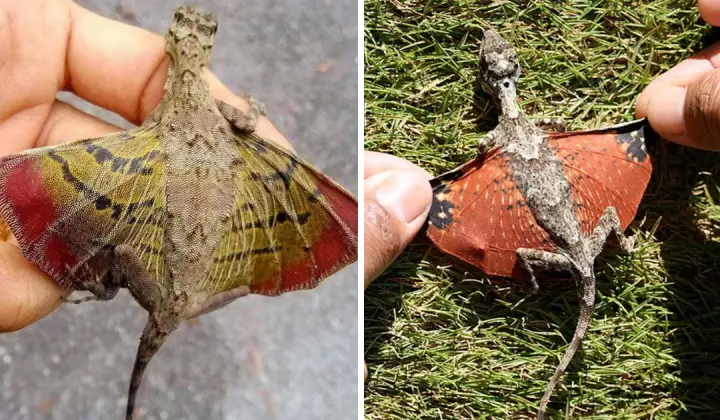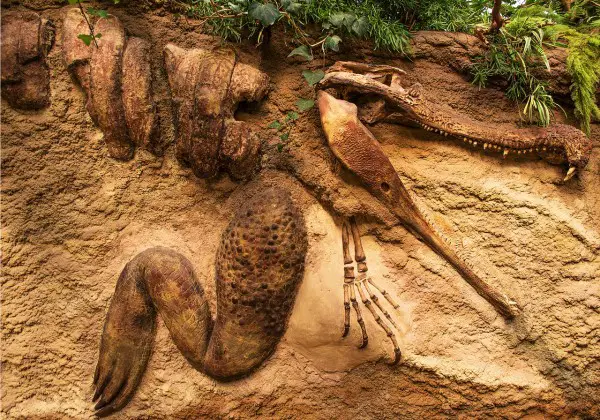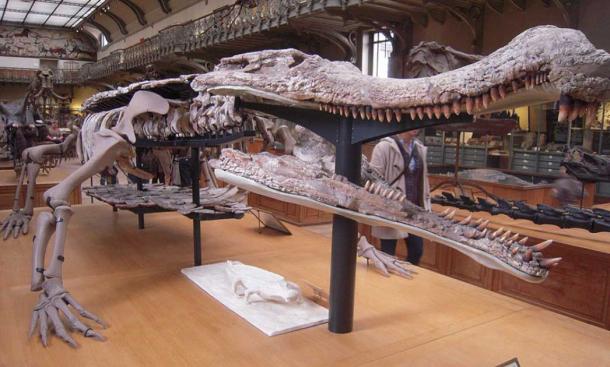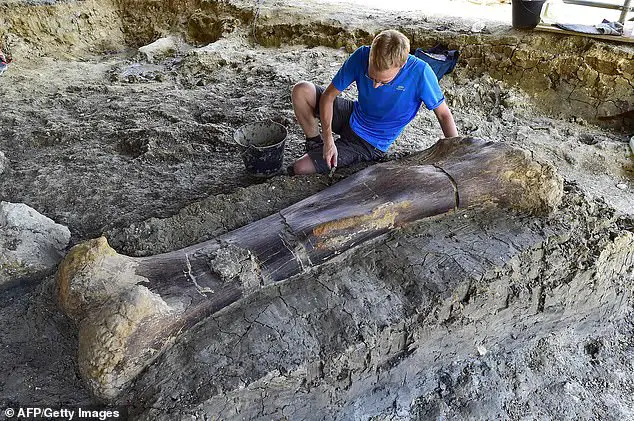In the enigmatic depths of the North Atlantic Ocean, a revelation emerged that captivated the scientific community. Several months back, an expedition of researchers unveiled the existence of an ancient Greenland shark, whose age defied all previous records. This venerable creature, swimming through the ocean’s currents for centuries, was estimated to be an astonishing 512 years old.
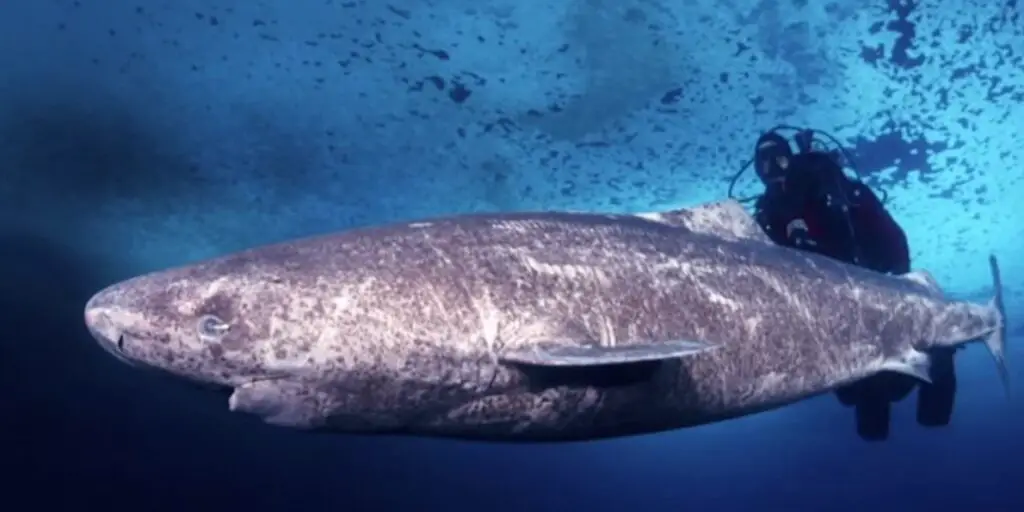
This discovery not only shattered the ceiling of known vertebrate lifespans but also threw open a window into a world where time seems to stand still. The Greenland shark, a species renowned for its longevity and slow growth, often reaches maturity only after a century and a half, with some individuals reported to have lived close to 400 years. However, this 512-year-old leviathan, born around the year 1505, predating even Shakespeare, rewrote history as the oldest known living vertebrate.
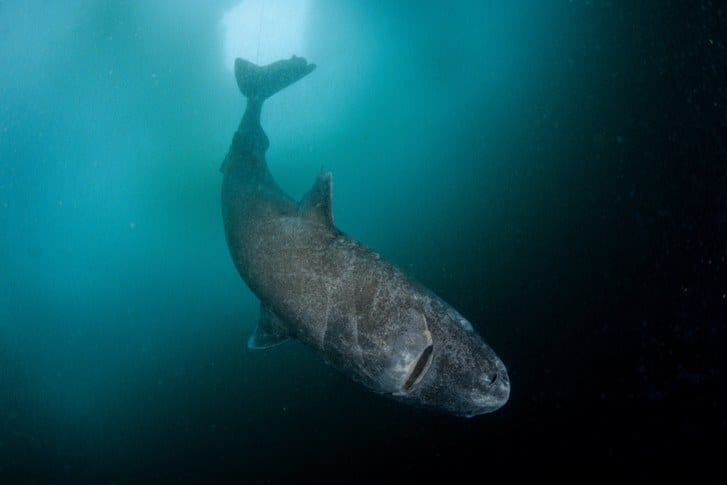
The groundbreaking study, spearheaded by marine biologist Julius Nielsen and his team, was published in the prestigious journal, Science. They employed a novel technique to measure radiocarbon in the eye lenses of these sharks, which provided a window into the ancient past of these sea giants. This method proved to be a significant stride in age determination, enhancing the accuracy far beyond previous approaches.

Their research encompassed the study of no less than 28 Greenland sharks, each offering insights into the mysterious longevity of these creatures. Earlier, the age of sharks was estimated based on their size, with the assumption that they grow approximately 0.4 inches per year. This method, though, fell short of scientific precision, especially for mature sharks.
Steven Campana, a renowned fish biologist from the University of Iceland, expressed astonishment at the longevity of the Greenland shark, considering its status as the apex predator of Arctic waters. The fact that the lifespan of such a dominant species remained a mystery until now only adds to the intrigue surrounding these creatures.
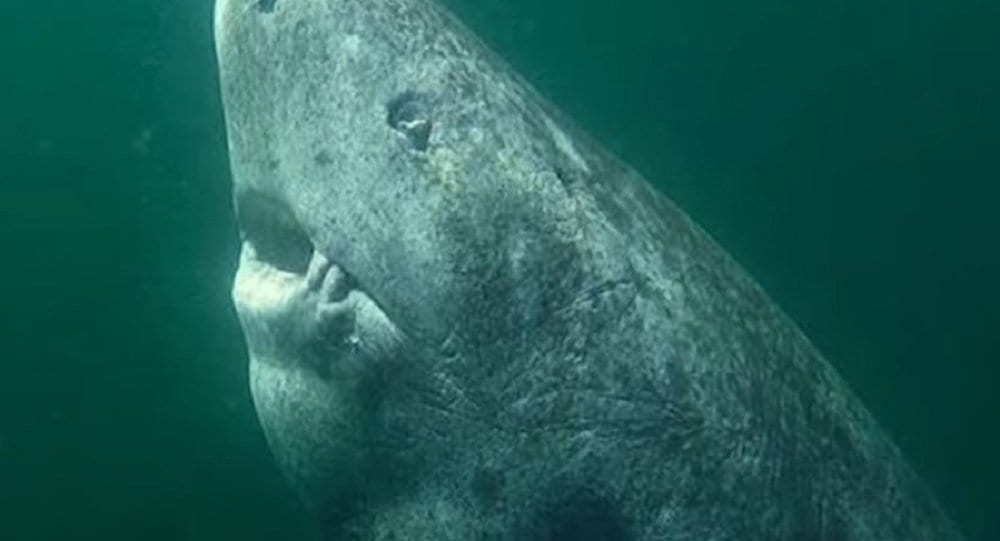
Nielsen, who has dedicated a significant portion of his academic career to studying Greenland sharks, shared insights into their diet, which includes decaying polar bear remains, and their frequent battles with parasites that affect their eyesight. The nomadic nature of these sharks, coupled with their mysterious reproductive habits and preference for the icy waters of the Arctic, only adds layers to their enigmatic existence.
The quest for understanding why Greenland sharks outlive other vertebrates continues. Scientists are keen to explore the genetic secrets behind their extended lifespans, hoping to draw parallels with longevity in other species. Collaborating with colleagues across Denmark, Greenland, the USA, and China, Nielsen’s team is working on sequencing the entire nuclear genome of the Greenland shark. This endeavor aims to unveil the reasons behind the extraordinary lifespan of these sharks, not just in comparison to other shark species but across the vertebrate kingdom.
The hypothesis that attributes their longevity to a slow metabolism and the frigid waters they inhabit remains just that – a hypothesis, pending further research. As the mysteries of these ancient ocean dwellers slowly unravel, each discovery brings us closer to understanding the secrets of longevity hidden beneath the waves.


